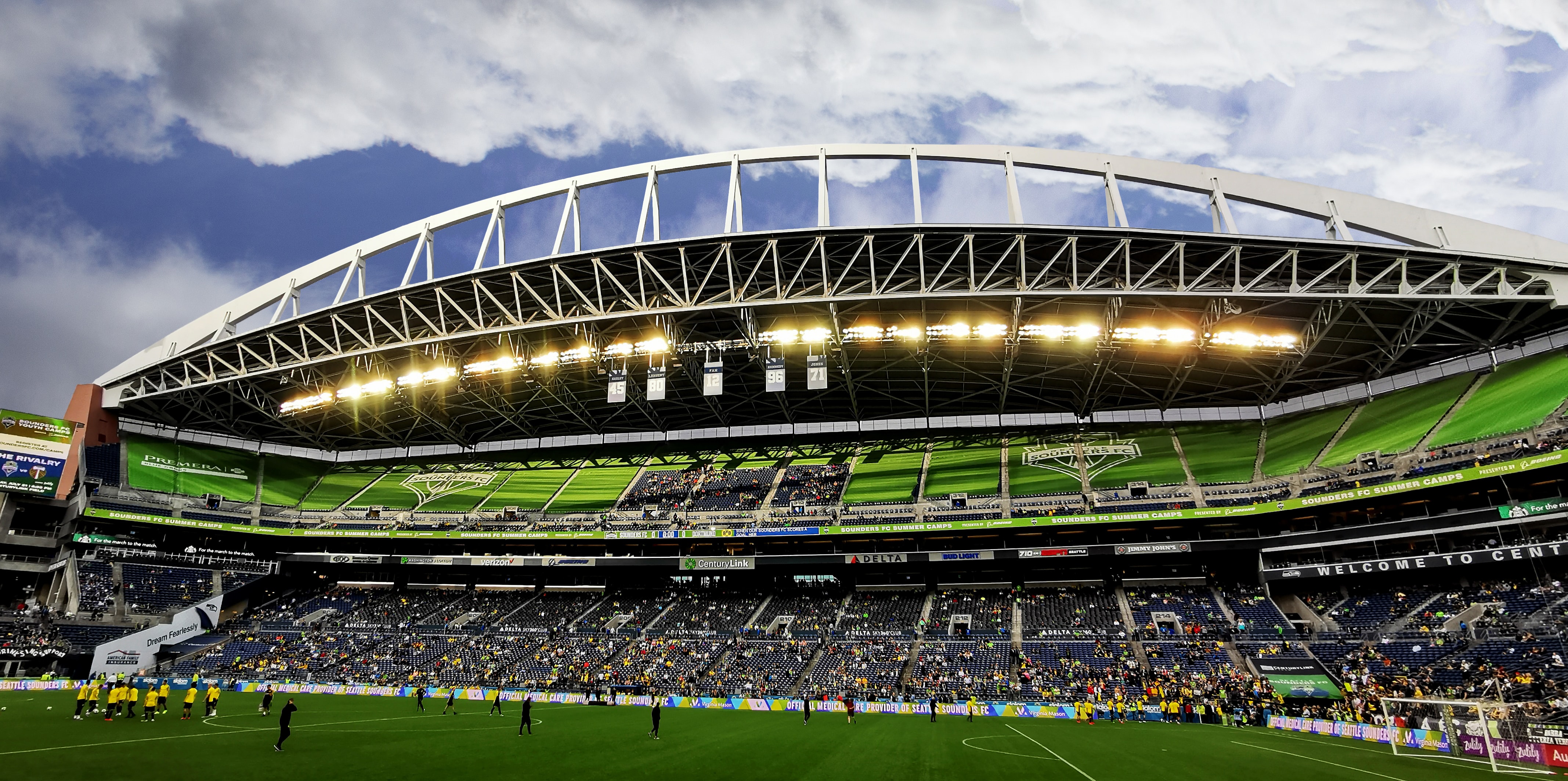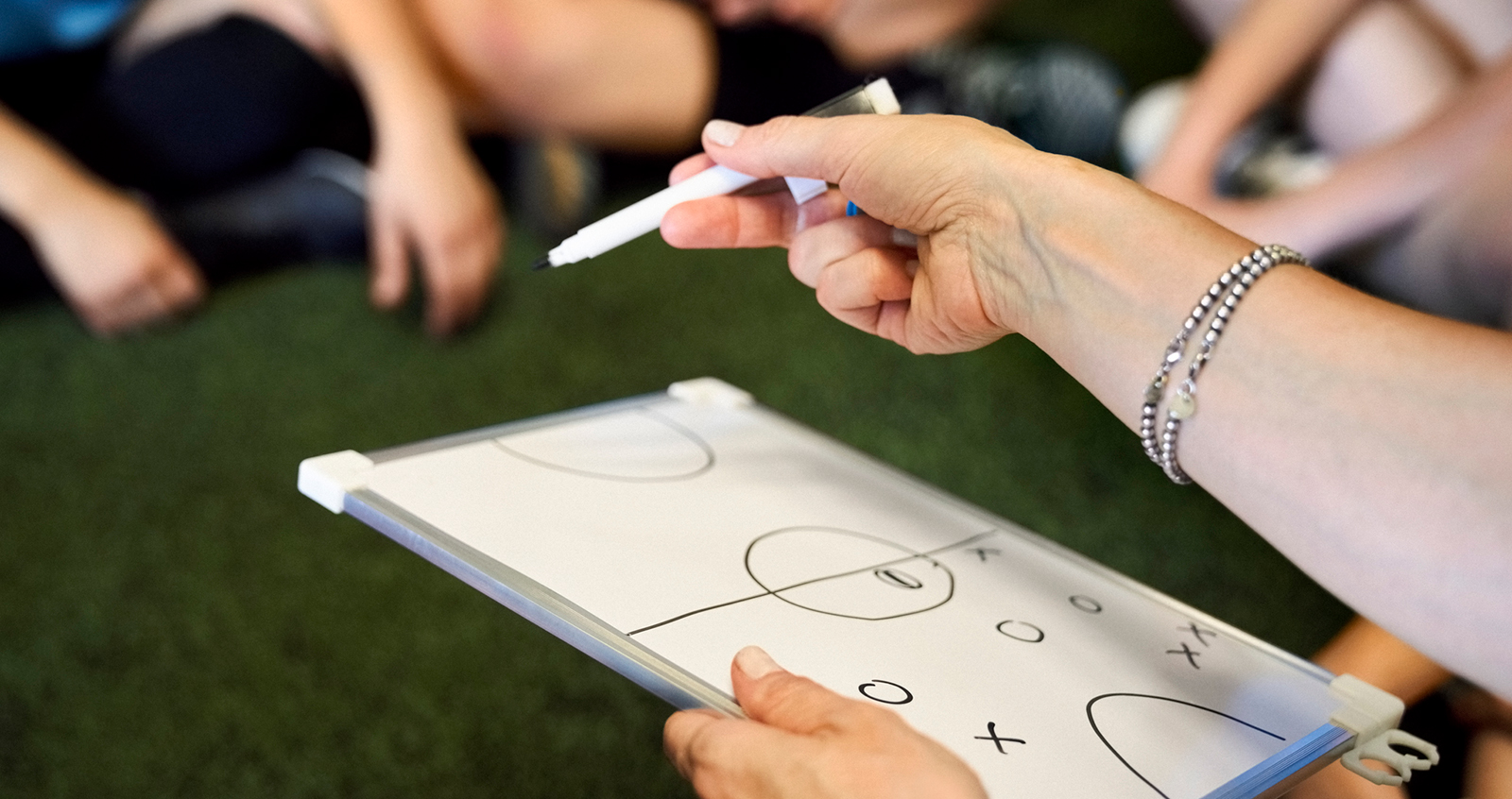 HHP - Update me in site_config > General Configuration
HHP - Update me in site_config > General Configuration

The purpose of the i-Rise initiative is to increase the impact of sport event research for mega and small-scale sport events through dissemination and strategic alliances in the State of Florida, the USA, and globally.
Learn More
ICE was created to educate and develop athlete-facing professionals who are responsible for training elite athletes and teams.
learn moreSeason ticket sales have been a major source of revenue for sports organizations for decades, and it has been classified as a subscription-based service. In recent years, subscription services, such as season tickets, have become more and more popular. Read More
Corporations invest massive amounts of money in sports sponsorship because of the extensive media attention and positive public image associated with sports. However, with more companies joining the sports sponsorship field, simply sponsoring a sports property no longer holds a unique appeal. Read More
Sport is often seen as an effective way to develop leadership skills, and it has great influence on children and teenagers, families, and how they spend their free time. However, because many sport contexts still idealize and prioritize masculinity, it is especially important to look at how young women are affected by this. Read More
Sports team reputation is an emerging area of research in the sport management field, and it’s also an important concept. Read More
The COVID-19 pandemic has disrupted the sports industry in unprecedented ways. Fans were deprived of live sports for months as leagues and games were postponed or canceled. Read More
Mascots are used by organizers of mega sport events, such as the Olympic Games and the FIFA World Cup, to promote the value of the events and the host city. Sports teams use mascots to enhance fan experiences and attract the attention of new and existing fans. Read More
In recent years, sport scholars have started to pay more attention to environmental sustainability in sport. Read More
Most sports fans enjoy watching their favorite teams play at their home venues. But how do these events affect traffic and safety on the roads nearby? Read More
In the field of sport consumer behavior research, experimental methods have been increasingly utilized since the 2000s. Sport consumer behavior is a broad field that relates to many different disciplines, including psychology, marketing, and so on. Properly applying experimental methods can help researchers better understand complex sport consumer behavior. Read More
Word of mouth (WOM) is a powerful tactic for reaching unexplored markets and attracting new customers. In spectator sports, WOM has a great impact on game attendance and helps sports teams increase their fan bases. Read More
Esports is often described as a rapidly growing field of opportunities for young gamers based on the monies that can be earned and growth in the industry. However, these comments missed a key point, which is how the money is actually distributed among players. Read More
Sport organizations, such as leagues, teams, and service providers, have played an active role in contributing to communities. For example, the Samsung Lions have been involved in social events, such as fundraising campaigns, community outreach, and sports clinics. Read More
The Department of Sport Management and the Institute for Coaching Excellence are pleased to host Linda Flanagan. She will give her talk, “Youth sport in America: Where we are, how we got here, and why it matters,” on February 16, 9:35 in FLG 210. The visit is supported by the Tom and Susie Wasdin Speakers Bureau. Read More
Over the past several decades, economic segregation within North American metro areas has increased. Read More
Establishing a career identity for adulthood is essential for one's career and psychosocial functioning. Not surprisingly, the topic has garnered considerable academic interest. Read More
Sport-for-development organizations (SFDs) are a major part of the international landscape. The organizations use sport to help children foundationally develop in education, health, and community. Read More
The “Cameron Crazies” is the moniker given to the 1200 Duke students who attend home games for the men’s basketball team. They are widely known for their passionate and intense support of the men’s program. Read More
Sport participation offers many potential benefits. People are more active and enjoy improvements in their physical and mental health. Read More
The most historic spot in the world for sports is the namesake of the most prestigious event in sports history: Mount Olympus in Greece. Read More
Are there benefits or pitfalls with the different league structures? Does the structure impact players differently? These were some of the questions Dr. Chris McLeod, Assistant Professor of Sport Management at the University of Florida, explored in a recently published paper. Read More
Dr. Dan Connaughton, Professor in the Department of Sport Management, addressed this question with colleagues by analyzing awareness of state concussion legislation and the desire for new mandates by parents of youth athletes throughout the country. Read More
Major sport events bring excitement, large crowds, and the potential for additional revenues for local businesses. But there are also downsides. Many US sport consumers take personal vehicles to the event, creating traffic congestion and polluting the air. Read More
In a recent study, Yonghwan Chang, Assistant Professor of Sport Management at the University of Florida, joined with a colleague to research how aspects of the game, coupled with the fans’ connection to the team, affected attendance and purchases. Read More